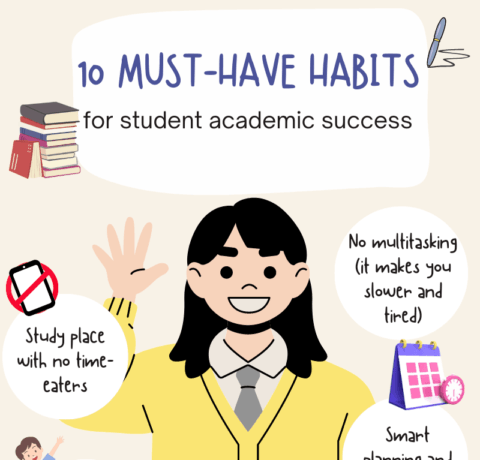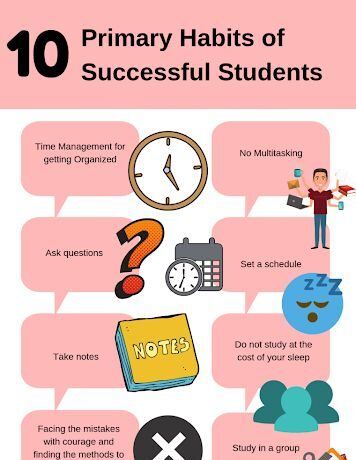10 Edges of Music Lessons Infographic
Learning to play, perform, and understand instruments will help you or your children amplify the skills desired for social intelligence, as well as academic intelligence.
1. Academic Skills
Music and math are directly related when it comes to measuring scales, following the beat, and creating patterns of rhythm. By synthesizing the basics of math and music lessons at a young age, children will strengthen their short term and long term memory.
2. Physical Skills
By physically involving more than one body part, learning to play an instrument develops a person’s motor functions. For high energy individuals, music which involves different actions simultaneously develops ambidexterity, coordination among body parts, and prepares youth for other physical activities in the future.
3. Social Skills
Many music lessons for young children begin in group settings, this initial interaction will enable them to grow comfortable in large social groups. Even smaller lessons, or one-on-one instructions will build team-work, and communication. Melody building takes a group, and those with a background in group exercises have more success in the workforce.
4. Behavioral Skills
By learning to play an instrument at a young age, an individual learns about long-term goals and gratification, watching themselves grow in talent. The grace and discipline needed to not only play an instrument, but hold one correctly, teaches individuals about patience, focus, and attentiveness.
5. Confidence Skills
By learning how to give and receive criticism in both social recitals, or one-on-one lessons, individuals learn how to turn negative feedback into positive change, building on their confidence. This specific skill is needed in every professional field and developing it early gives individuals a step up, above others.
6. Global Skills
Music comes from different cultures around the world; by learning these various chords, beats, and songs, an individual opens the possibility to learn about different cultures as well. It is vital to become familiar with the globe at a young age because it breaks down closedmindedness.
7. Language Skills
Musical notes and measures are a language of their own and by learning to read them at a young age a person develops the skills to learn other languages faster and easier. To retain these other languages is difficult, but by encouraging daily practice in music, it will develop the areas of the brain related to language and reasoning.
8. Psychological Skills
By learning to play an instrument a person also learns how to calm their nerves, either from shaking, or, from over thinking negative situations. Playing music also helps to calm and relax an individual; exercises in keeping a rhythmic breathing has helped many in anger management.
9. Test Taking skills
Many tests involve memorization and critical thinking; when leaning to play an instrument individuals overcome these steps by memorizing sheet music, and having to always remember what comes next. Statistics have shown that children who play instruments received 63 points higher on verbal and 44 points higher on math SAT scores.
10. Creative Skills
Music works off of the imagination and by fine tuning a person’s ability to play an instrument, using their imagination can become a corporate tool which allows them to solve problems thinking outside the box. This prepares individuals for a realistic 21 century economy and workforce that values artistic careers.
View also:







You can adjust your cookie preferences here.